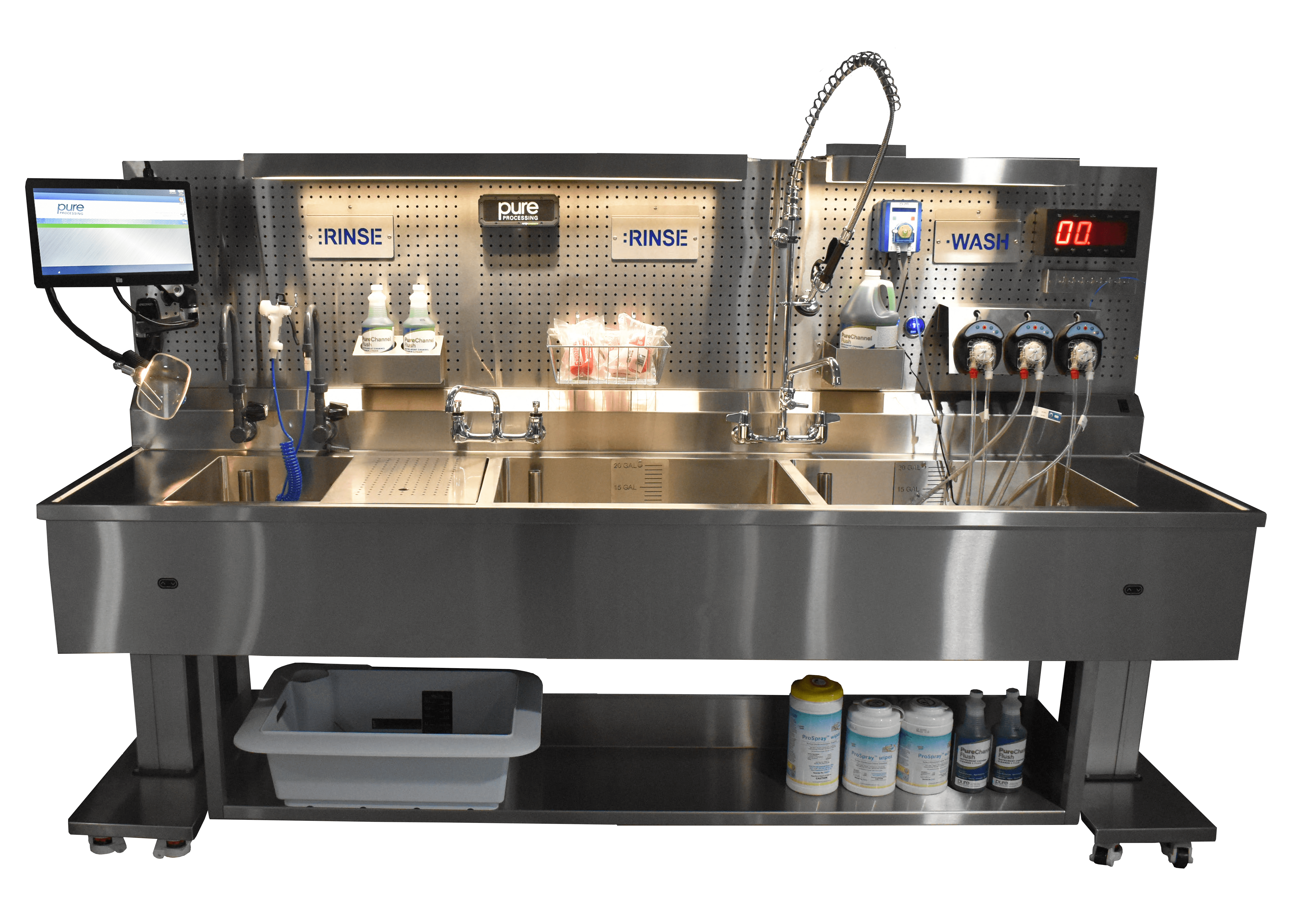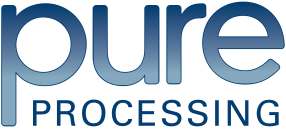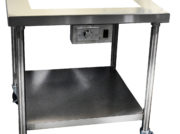
All About: The Joint Commission – How to Ace a Visit from TJC
We recently convened our Voice of the Customer council to discuss a dynamic topic that every department deals with at some point: TJC surveys.
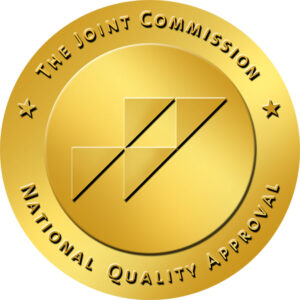
Department managers shared their unique experiences with their most recent TJC visit, both the positives and negatives. We’ve assembled some of the key takeaways and suggestions from our VOC council to help your department ace a TJC visit.
Train your team
A chain is only as strong as its weakest link, and your department is only as effective as your least-trained teammate, at least in the eyes of the TJC. Making sure your team is aware of your department’s policies, processes, and procedures helps ensure that everyone is on the same page when a TJC survey inevitably happens. A few strategies our VOC council suggested include:
- Make processes and procedures easy to follow and understand.
- Regularly conduct team huddles to ask and answer questions.
- Perform ‘pop quizzes’ of your team to help them improve and stay sharp.
- Demonstrate the ‘why’ behind the way things are done so your team can understand how everything fits into the bigger picture.
- Make standard operating procedures (SOPS) part of their everyday environment by integrating into their operations. This can be done in a variety of ways including being posted throughout the department- integrated into your tracking systems- and through formal huddles and staff meetings.
Anticipate the questions, prepare the answers
This seems like a straightforward, and maybe even assumed, piece of advice, but our VOC panel says this simple idea is one of the best ways to ace a TJC visit. A surveyor has a lot of ground to cover and many considerations to make, so when they ask a question it’s best for everyone to get down to brass tax on answering it.
Meandering in your answer, or deviating from the original question, can give the impression that you’re not confident of the answer, or don’t have command of the processes in your department. Confident, to-the-point answers let the surveyor know that you know your policies & procedures and how they are performed in your department.
Be ready to present policies
Policies and procedures are often the name of the game when it comes to TJC concerns. Being well-versed in your policies and procedures, as 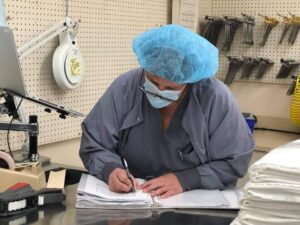 well knowing how to readily access, retrieve, and present them, demonstrates that your department is well organized, and has done the work to ensure policies and procedures are established and accessible.
well knowing how to readily access, retrieve, and present them, demonstrates that your department is well organized, and has done the work to ensure policies and procedures are established and accessible.
It’s also important to know what standards you follow and were to retrieve them at your facility. Consider these questions when preparing for your TJC Survey:
- How frequently are you referring to them and using them to create and update your policies?
- Can you speak about the updates and how your department is positioned to address the necessary changes to maintain compliance?
Be able to provide information
Dependent on the software and tools available at your department, being able to provide data related to your processes can help a TJC surveyor get a better understanding of the inner workings of your department and how effective those processes are.
Departments with modern tracking software for various processes and systems are in a better position to demonstrate this kind of data, but the software alone doesn’t make it possible. Having a good data hygiene plan in place allows you to provide meaningful data readily, as opposed to sifting through unorganized data that is hard to discern.
Data is a broad term and can include but is not limited to some of the following information:
- Staff competency
- Sterilization load records
- Equipment maintenance history
- Policies & Procedures
- Manufacture IFU library
In addition to frequently reviewing your data and following a data hygiene plan, routinely quizzing yourself and your team on how to access, read and narrate that data is an exercise that not only keeps it in the forefront of your mind, but can also build your confidence in how your present the data as well.
Demonstrate knowledge
As a sterile processing professional, you’ve got a ton of information about the industry and profession in your head. Don’t be afraid to ‘talk shop’ and get into specifics when it’s appropriate. Letting your surveyor know that you’ve done the work to be an expert helps instill confidence in your ability to run a tight ship and do things the right way.
Speaking to the rationale or “why” behind the process is a terrific way to highlight your knowledge and expertise. When you can demonstrate how the language translates into application it it speaks to your competency and engagement with the end goad: staff and patient safety.
Be enthusiastic and collaborative
It’s easy to view a TJC survey as a daunting, nerve-wracking situation. Our VOC council stressed that setting those thoughts and feelings aside and instead embracing the visit as a positive one, is one of the best things you can do.
At the end of the day, a TJC survey is meant to do two things: improve your department and help keep patients safe; two things you’re interested in as well! Taking an enthusiastic, collaborative approach to a TJC visit can help you identify how and where to improve your department, and be better for it.
Get to it!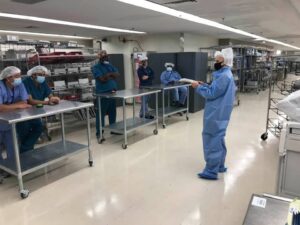
Joint Commission surveys can seem intimidating, but they don’t have to. Take some of the strategies and suggestions our VOC council highlighted and start putting them to use now, so your department is ready to make the most out of (and ace) your next visit from TJC.
To get a few more tips on preparing for your department for a TJC survey, check out our blog: Joint Commission Preparedness: Starting Steps to Ace a TJC Visit
Need help tackling a challenge or getting a project completed? We’d love to help!

